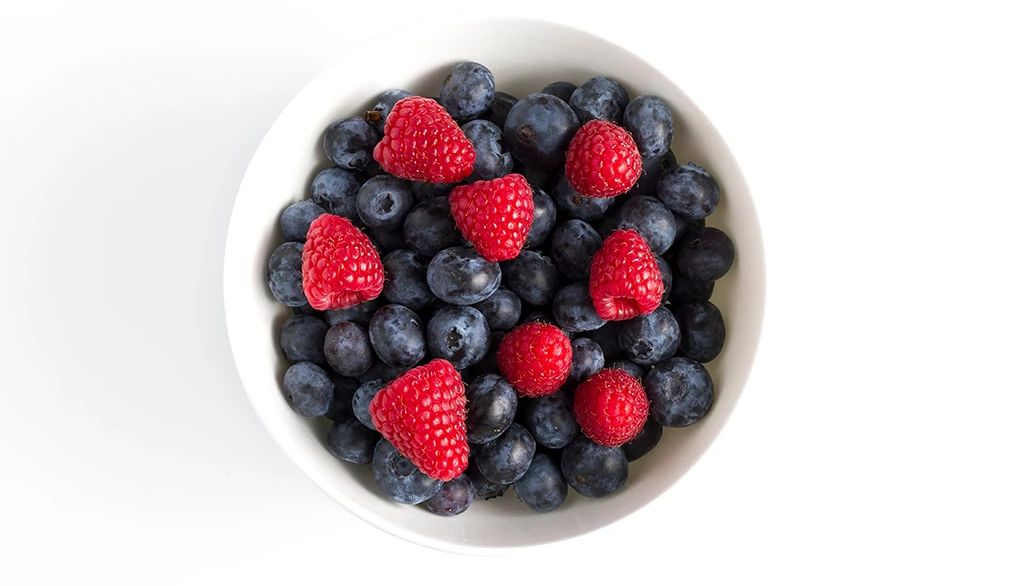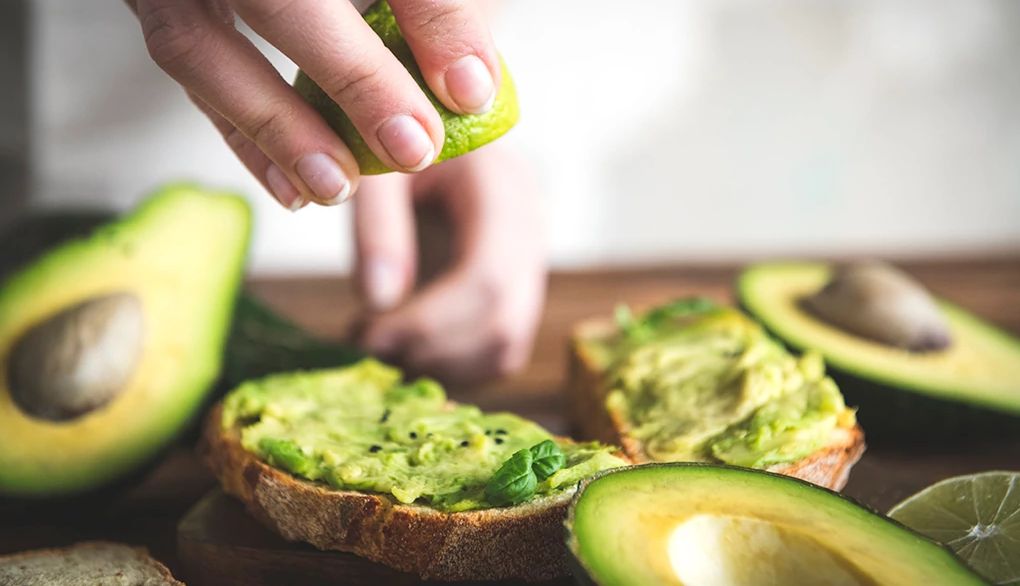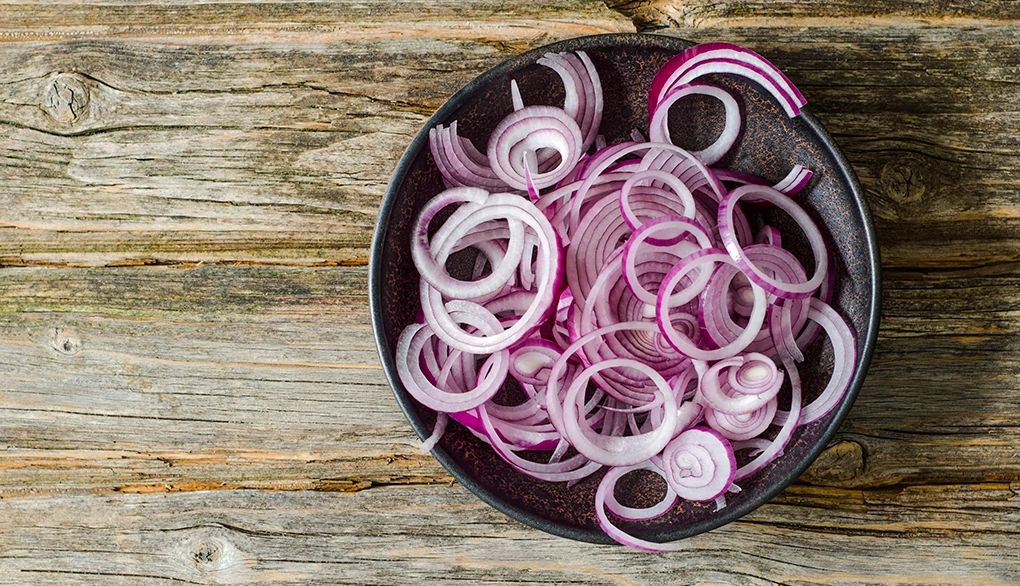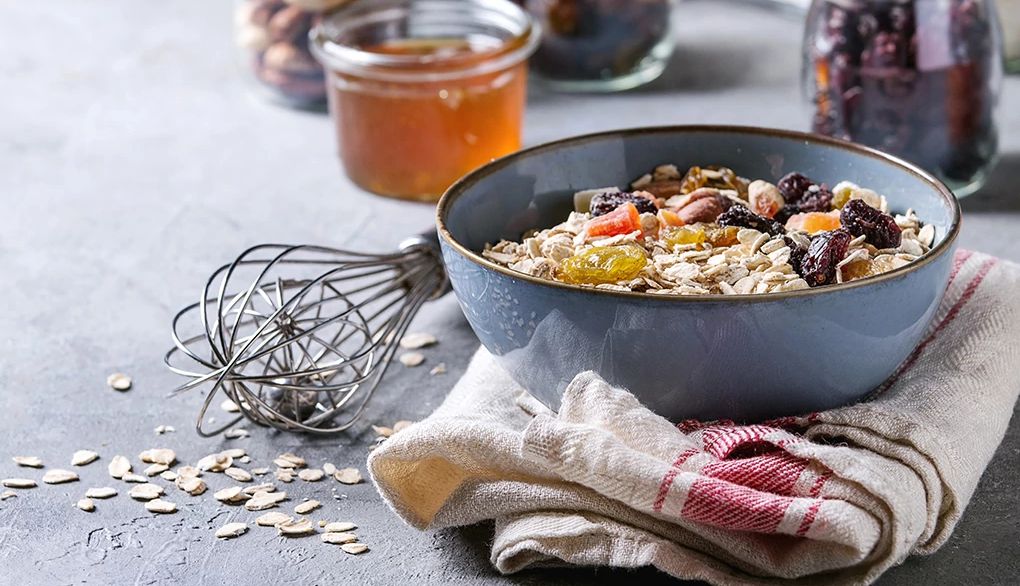Challenges
Healthy foods can help support brain function. You know the drill: Plenty of green leafy vegetables, fruit, whole grains and healthy fats. But what if you’re on the run and don’t have the time to sit down to three square meals a day? You’re in luck. You can make small additions to your diet that may have a big impact on your brain health.
Boston University nutrition professor Joan Salge Blake always carries a small tin of almonds in her bag.
“They’re my go-to snack, no matter where I am,” she says. “When I’m hungry, I just reach for a few almonds and don’t have to think about searching out something healthy at a nearby convenience store.”
Healthy choices benefit more than your brain. “If you make these kinds of small changes in what you eat and make them a habit, you’ll benefit not only your brain but the rest of your body, as well,” says Penny Kris-Etherton, Evan Pugh University Professor of Nutritional Sciences, Emeritus at Pennsylvania State University.
But she notes that there’s more to good brain health than just food. “It’s not about nutrition alone; it’s the whole package of healthy living — eat well, exercise, don’t smoke, and control blood sugar, cholesterol and blood pressure.”
Here are five small tweaks that you can make in a fraction of the time you’d need to order takeout.
1. Stockpile packages of berries in your freezer


“They’re washed, they’re clean, they’re ready to go, and there’s no work involved,” Salge Blake says. Add some to your morning smoothie and put a handful into your water bottle before you head out the door.
What’s in it for you? Strawberries, blueberries, blackberries and cranberries contain high levels of antioxidants, compounds that may support brain health. Studies suggest that the fruits may protect against some of the changes linked to neurodegenerative diseases like Alzheimer’s and Parkinson’s, according to a review published in 2024 in Frontiers in Pharmacology that examined multiple studies on berries and health.


















More From Staying Sharp
7 Foods That Fight Inflammation
Try these foods to help protect your memory and thinking skills
Healthy Food Swaps for Older Adults
Make simple changes to your diet for better health and cognitive function
Worst Pre-Workout Foods
When you snack before you exercise, avoid foods that are high in fat and sugar